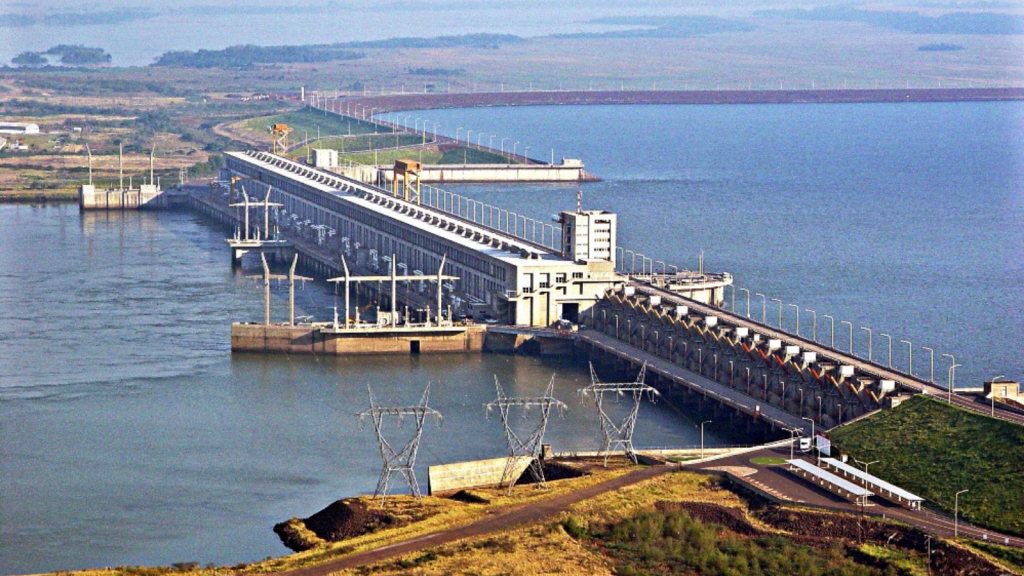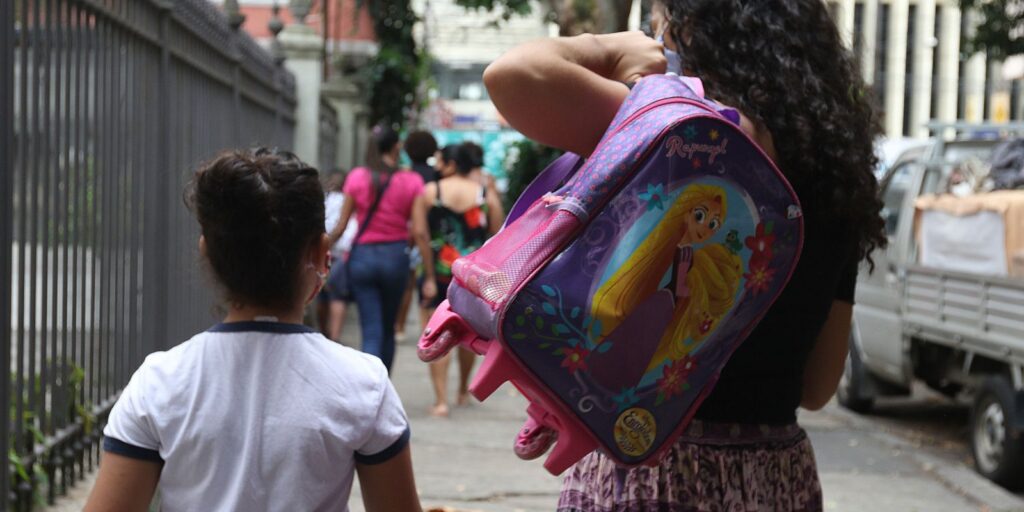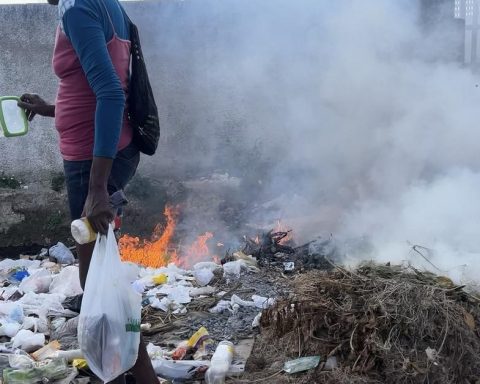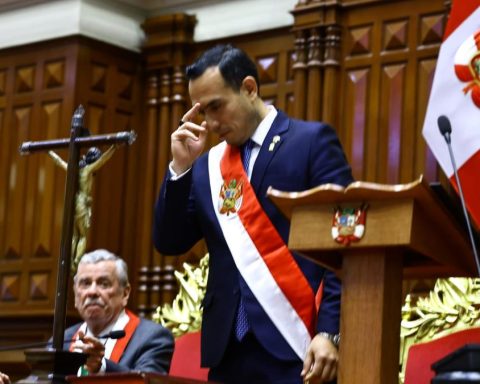Arturo Sanchez Jimenez
Newspaper La Jornada
Tuesday, February 15, 2022, p. 4
It had barely been in operation for two years when irregularities in Mexican Food Security (Segalmex) already amounted to several billion pesos that have hampered the operation of the federal government project to promote agri-food productivity and food distribution for the benefit of the population. lagging behind in the country, according to audits carried out by various authorities and data obtained via transparency.
In 2020, Segalmex – whose budget amounted to 14 thousand 370 million pesos – awarded directly and without bidding almost 70 percent of the contracts it awarded, despite the warnings made by the Ministry of Public Administration (SFP) of that public tenders should be privileged.
According to the minutes of the sessions of the Segalmex Procurement Committee, obtained through a request for information, on January 29, 2021, a report was presented to this body stating that in 2020 the total amount of orders and contracts made by Segalmex amounted to 4 thousand 898 million pesos, of which 3 thousand 287 million were awarded directly and only one thousand 592 million were granted through a tender.
There, the representative of the Internal Control Body – a unit in charge of preventing, detecting and combating possible acts of corruption and whose head is designated by the SFP – warned that a preference for direct award
although several hirings could have been through tenders
. And he emphasized that public tenders should be preferred.
In 2019, the body led by Ignacio Ovalle did not credit the destination of 3 thousand 27 million pesos corresponding to the Guarantee Prices for Basic Food Products program, as documented by the Superior Audit of the Federation (ASF) in the review of the public account of that year. This amount represents 37 percent of what was assigned to the agency in that fiscal year.
In addition, Segalmex spent 1,148 million pesos in operating expenses, which meant 14.2 percent of the budget it spent in 2019, when the limit for this type of expense is 5 percent.
The ASF also discovered that, through the price guarantee scheme, Segalmex granted 45,300 subsidies to basic grain producers for almost 4 billion pesos, but without being able to give certainty that the support was delivered to the target population. , since the program lacked a structured and systematized list of beneficiaries.
According to the ASF report, Segalmex had liquidity and solvency, but had idle assets that revealed an inefficient management of its resources. It also identified that there is a lack of a reliable and up-to-date register of producers that specifies, among other aspects, the volumes acquired, the purchase and sale prices, and if there have been duplications of beneficiaries with the Production for Well-being program.

















